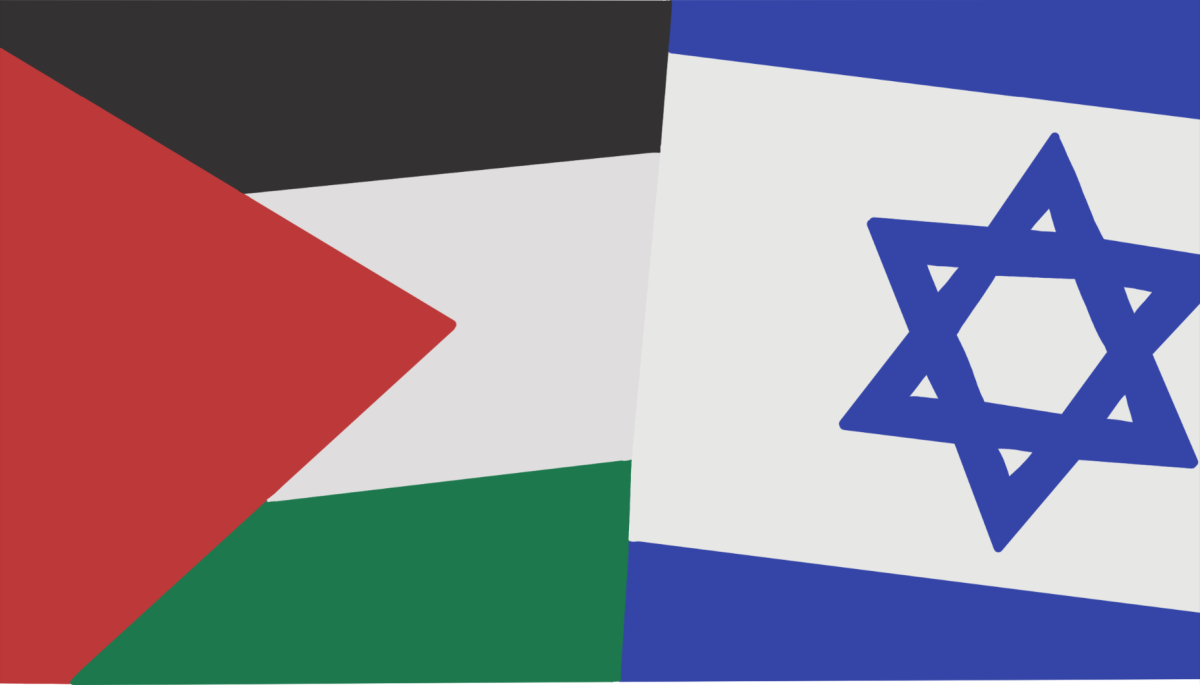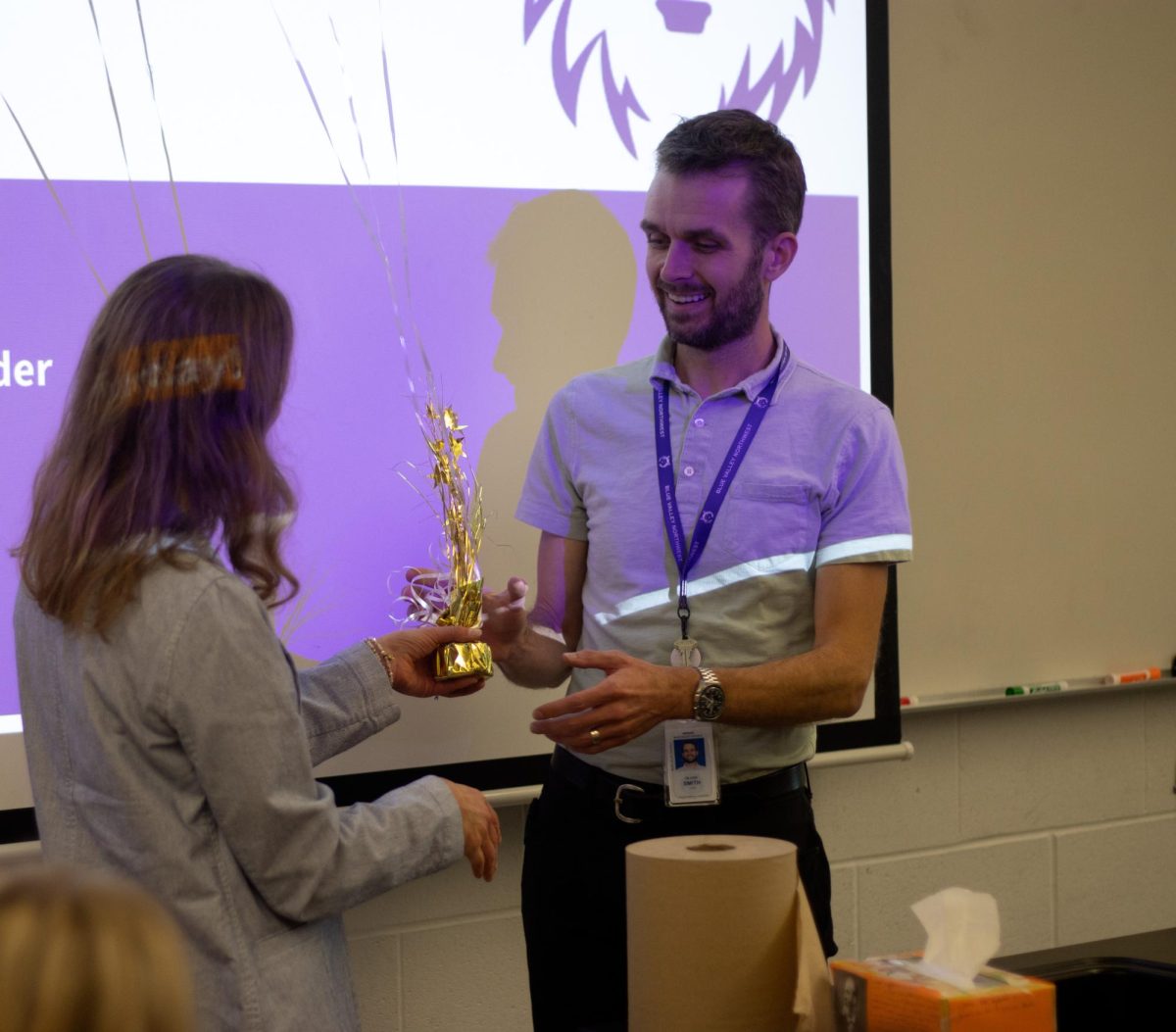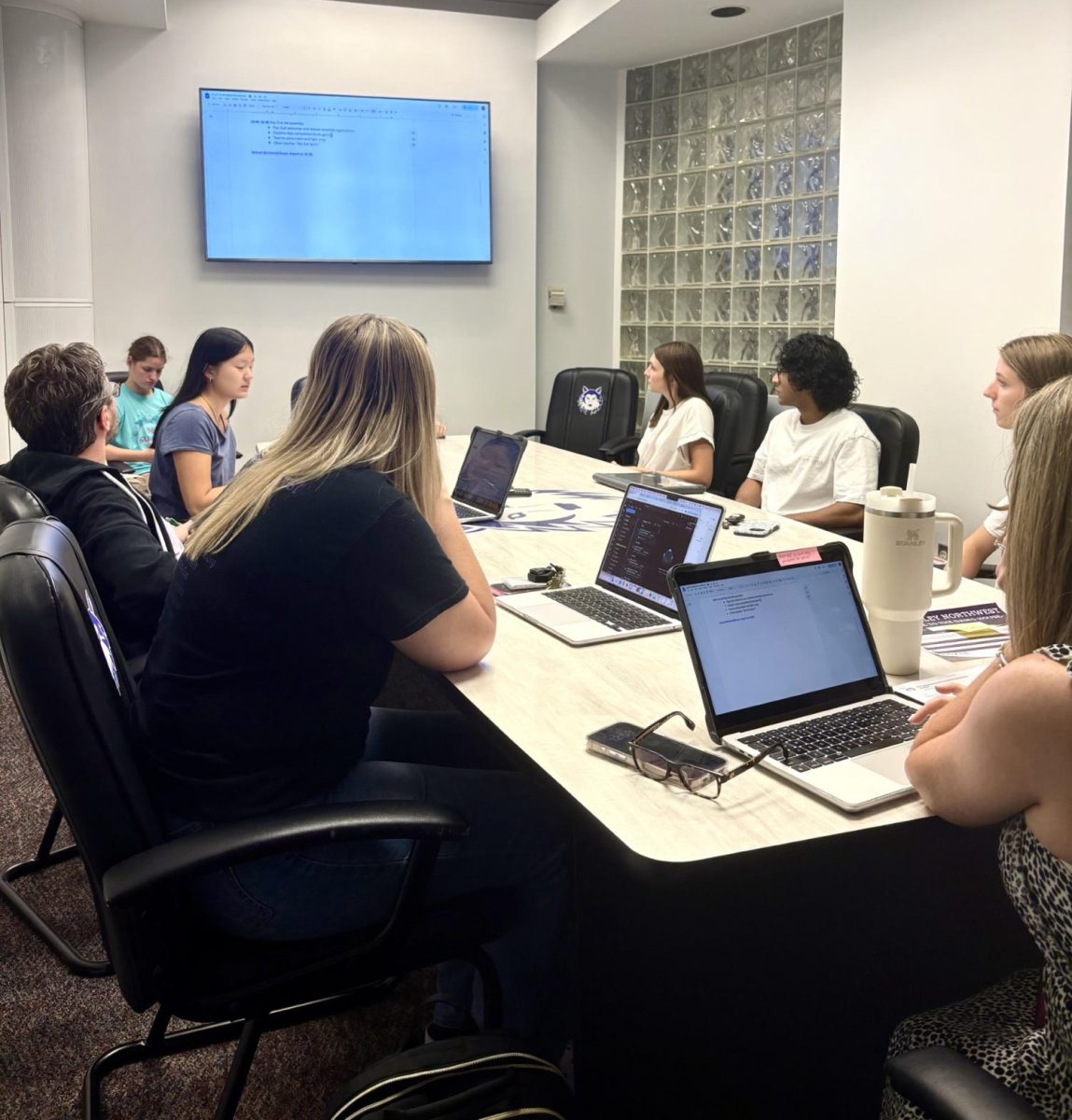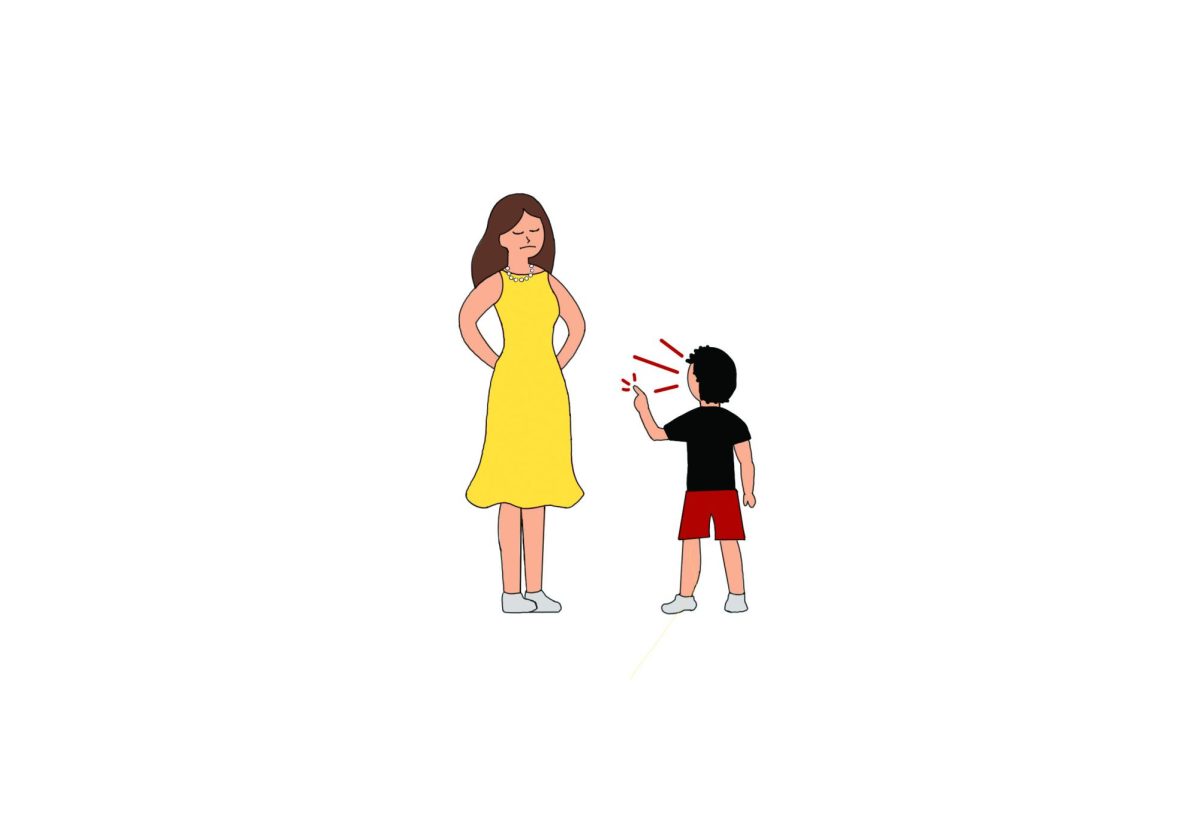After 15 months of war in Gaza, Israel and Hamas have agreed to a three-step ceasefire plan. The first phase began Jan. 19 when three Israeli hostages and 90 Palestinian prisoners were released.
Junior Maya Sal said it was a relief when the first Israeli hostages were released and reunited with their families.
“It gave me hope that all the hostages would come back,” Sal said.
Freshman Zaina Abushaaban also expressed relief at the beginning of the ceasefire and said she was relieved the bombing stopped, especially for the children.
“The whole war was hard on it (Palestine), and I’m just happy it’s over for now,” Abushaaban said.
Phase one of the ceasefire described a six-week period in which Palestinian prisoners and Israeli hostages are returned, Israeli forces leave the Gaza Strip, a complete ceasefire between the two forces begins and humanitarian aid is provided for the civilians in the area. The second and third phases describe the complete reconstruction of Gaza, the return of all Palestinian prisoners and Israeli hostages and the full withdrawal of Israeli troops from Gaza.
During the first stage, the 1.9 million civilians who evacuated the city are allowed to return to the strip.
The ceasefire is a time without fighting, but it is unclear whether the war will resume after the first phase.
Sal said she feels the deal is unfair in the number of Israeli hostages Hamas is returning versus how many Palestinian prisoners Israel is releasing, which will be 33 Israeli hostages and about 1,900 Palestinian prisoners in intervals throughout the six weeks. However, she said the homecoming of the hostages is everything she could have asked for.
“Israel values the life of its citizens more than anything else,” Sal said.
Abushaaban said she is grateful the deal happened now, but is disappointed it took this long to agree to a ceasefire. She said she feels Israel’s response to the Oct. 7 attacks was “genocide,” with unnecessary bombings resulting in the death of civilians in the Gaza Strip.
“People should be held accountable because this is non-human,” Abushaaban said.
On the other hand, Sal said she feels Israel’s response to the attacks was justified and served as essential self-defense.
“I think it’s unrealistic to say [Israel’s] response was unnecessary because it was completely necessary,” Sal said. “That’s just how war is.”
AP World History teacher Rob Meacham said he is doubtful of the overall success of the deal because of the short length of the ceasefire period.
“Based on past interactions between these two groups, there would really be a big accomplishment if they got that far,” Meacham said. “I guess I’m saying I have my doubts.”
Israel and Palestine have had conflict since 1948 when the United Nations set territory for each nation. They disagreed on the parameters of the land, which has cultural significance for each group, and since then there have been several major conflicts between the nations.
For the future of the conflict, Sal said she would not be surprised if Hamas used their time during the ceasefire to regroup and rearm.
“That’s all we have seen in the past and I’m not going to assume anything different for the future,” Sal said.
Abushaaban described uncertainty and fear for the future.
“I don’t really know what the future holds, but I know justice will prevail,” Abushaaban said.
According to Sal, the fight has gone on this long due to the alleged hatred some Palestinians have for Jewish people and the Jewish state, as well as a belief Palestine is being occupied.
Abushaaban said since the first fighting broke out in 1948, she referred to it as al nakba, meaning catastrophe in Arabic. She said Palestinian people, who were mostly farmers, were unable to defend themselves and eventually became refugees, causing the conflict to be drawn out over many decades.
Sal said at this point in the conflict, Israel is fighting to protect their people. They used funds from allies like the United States to build the Iron Dome in 2011, which intercepts missiles from Hamas.
According to Abushaaban, Palestinian people are fighting to return to their homes.
“The people who left their homes, they knew in their hearts that they’re gonna return one day, and that’s what we all wish for,” Abushaaban said.
Meacham said each side is currently fighting for territory and control of the state.
“They have just never been able to come to a compromise,” he said. “You know, it’s all or nothing for both sides, and that can’t happen.”









